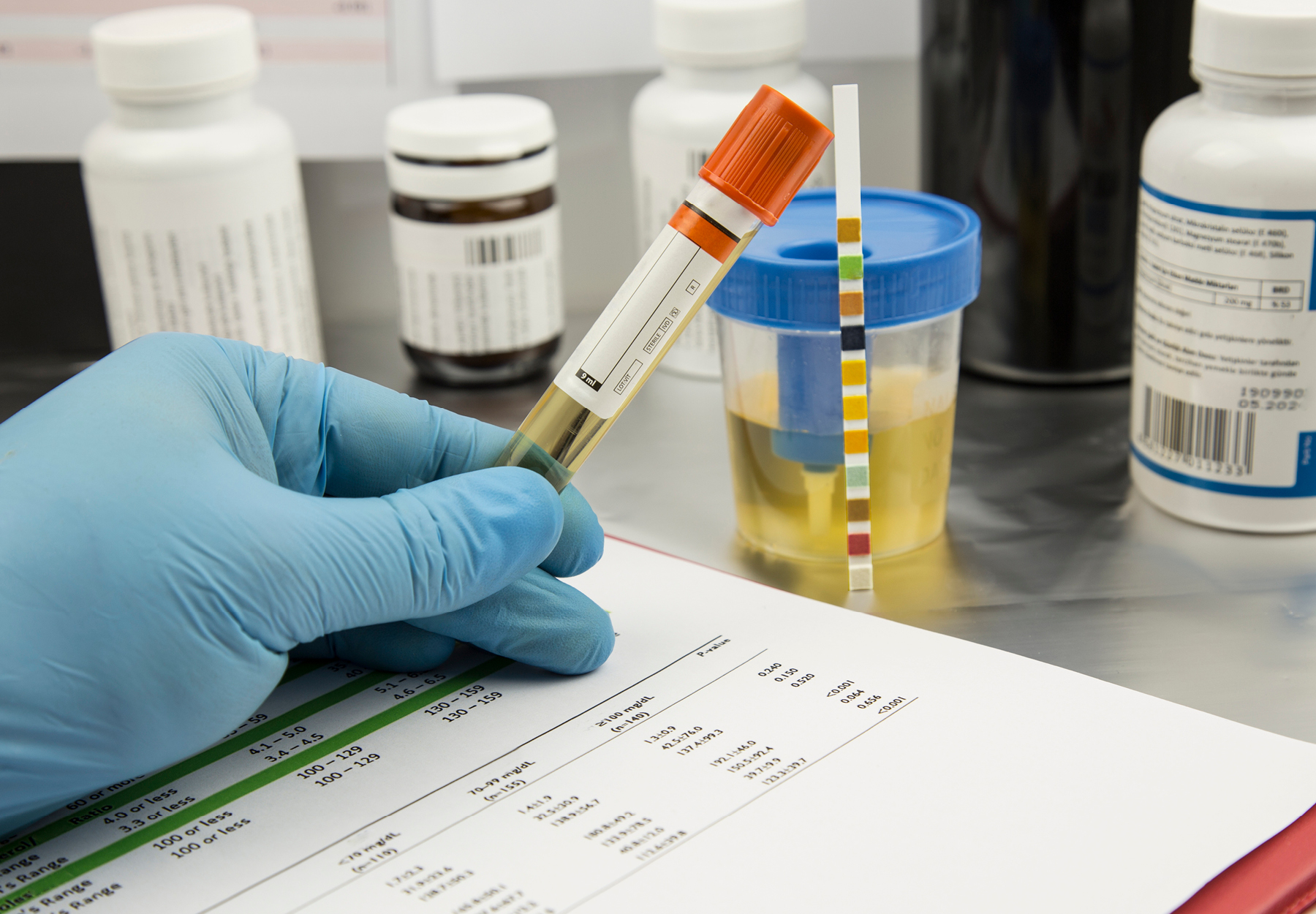It’s not unusual for a lab or hospital to provide specimens to an independent lab for testing. While these so-called reference testing agreements are perfectly legal, those who create them need to be very careful to ensure that the tests furnished under the arrangement are properly billed.
Basic Rule: Under Medicare rules, the reference lab is supposed to bill the referring lab or hospital for the tests performed. The referring lab or hospital would then bill Medicare on behalf of the beneficiary.
A northern California health system, Sutter Health, recently learned just how costly failure to follow these billing rules can be. The feds charged Sutter Health and its affiliates with fraudulently billing Medicare and other federal health programs for urine toxicology screening tests that were actually performed by third-party reference labs. While denying the allegations, the northern California health system opted against risking a trial and agreed to pay $13,091,452 to settle the case, $6.5 million of which it has already paid and the balance to be paid within 30 days.
Moral: Sutter’s big mistake was billing Medicare directly for the urine toxicology tests performed by the reference labs, a violation of Medicare coverage rules resulting in the bills constituting false claims under the False Claims Act. For a complete overview of reference lab billing rules, see, “Who’s Allowed to Bill for Laboratory Reference Testing?,” LCA, April 22, 2022.
